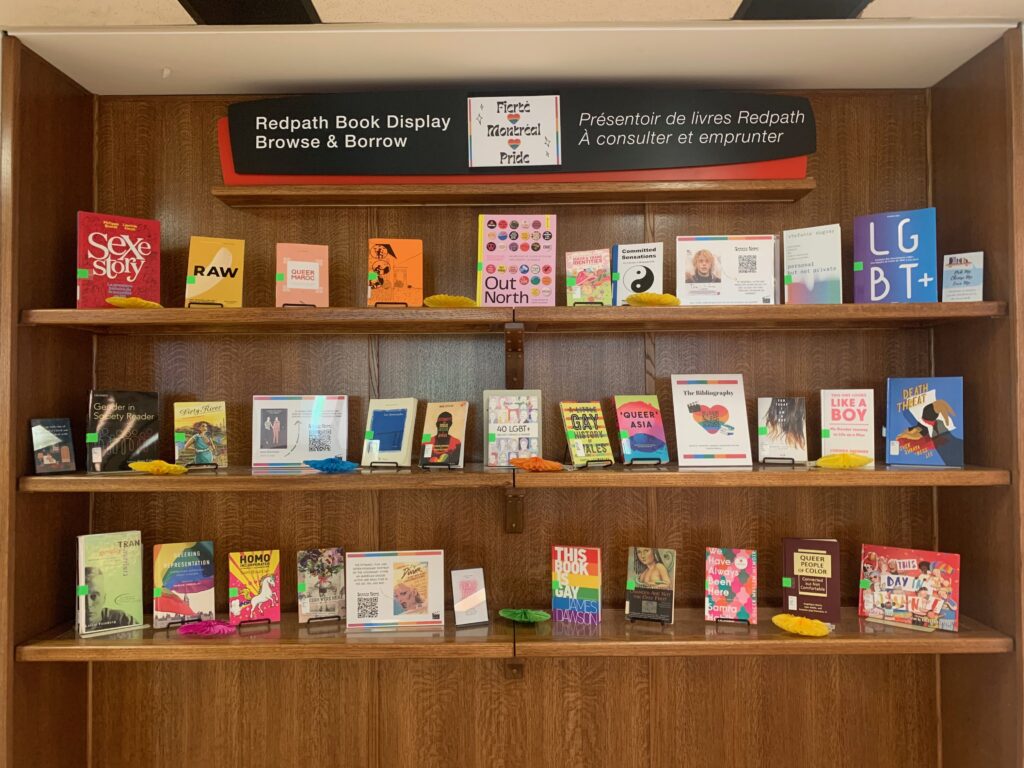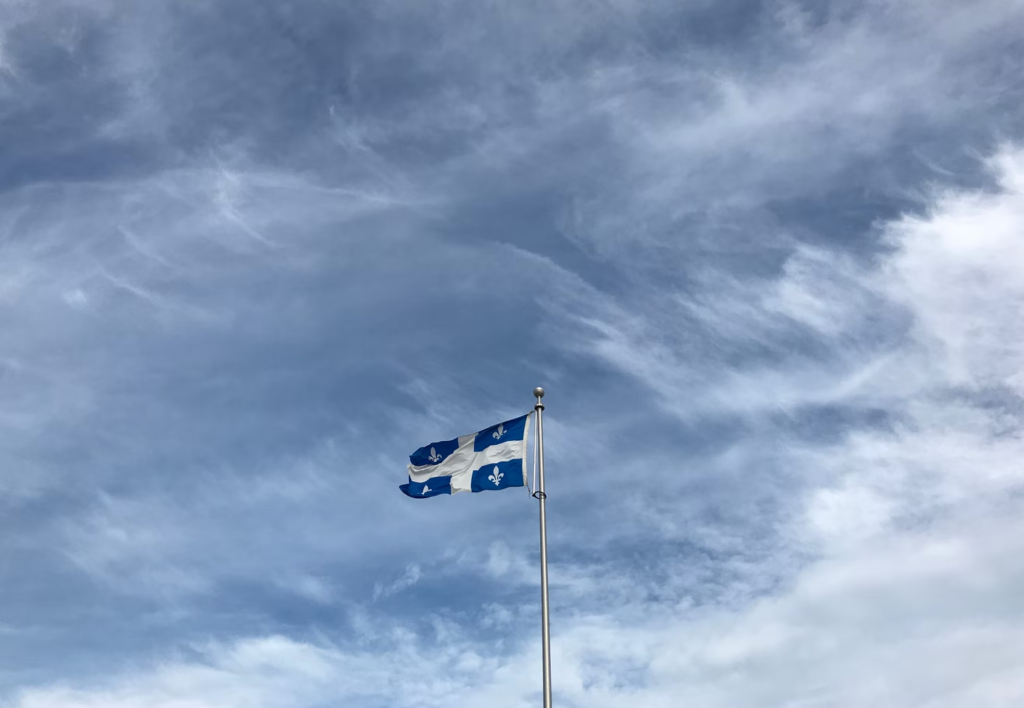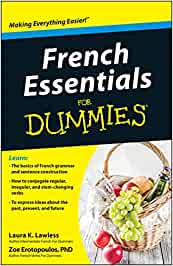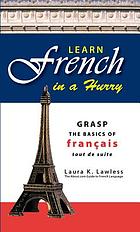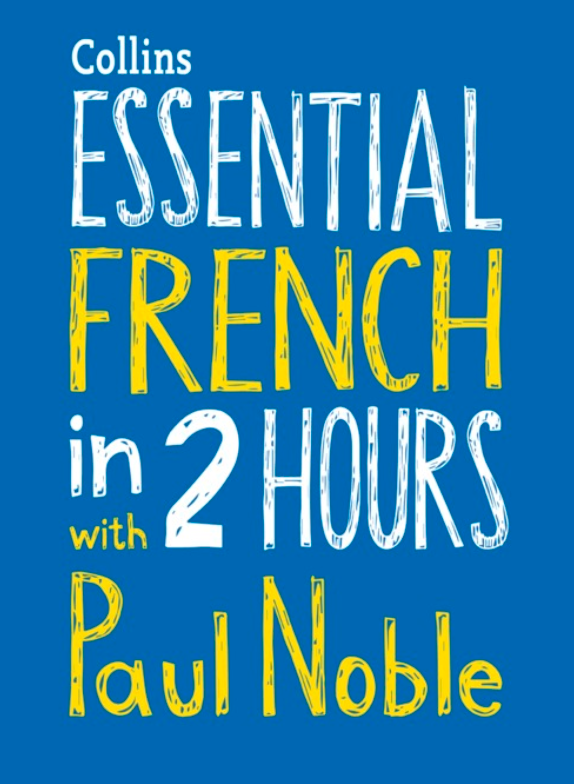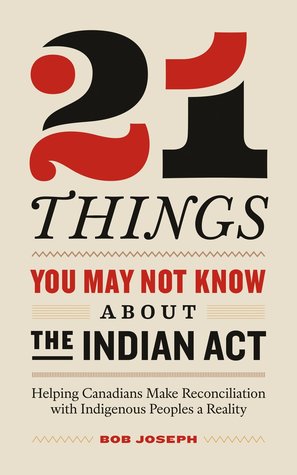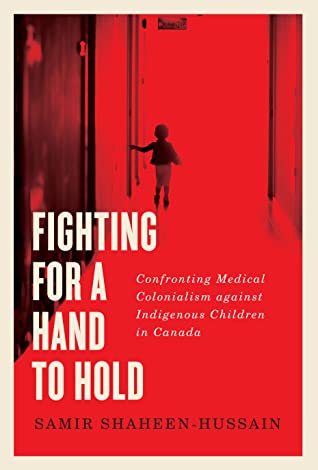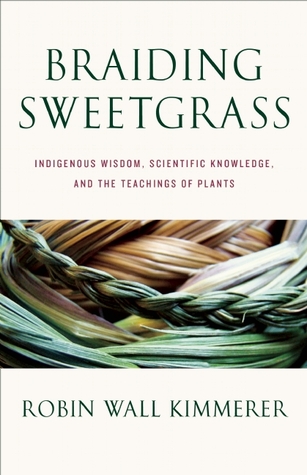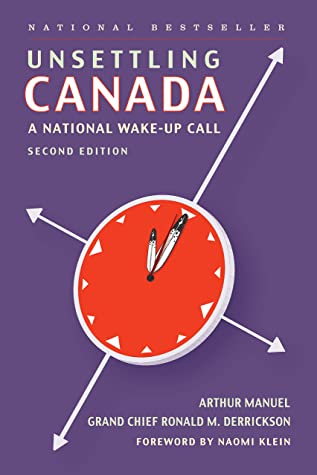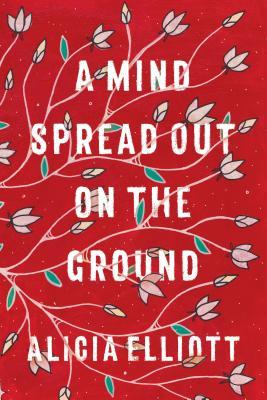Summer in Québec is inarguably the best time of the year, and the summer of 2022 is particularly special as we come together for the first time in 3 years to celebrate on the streets, loud and proud all across the province.

For the month of August and early September, Québec has a jam packed line-up of activities starting with Fierté Montreal (1-7 August), Fière la fête (23-27 August) in the Ville de Sherbrooke and la Fête arc-en-ciel (1-11 Sept.) in the Ville de Québec. As the names suggest, these festivals are a time of celebration for the gender and sexual diversity communities of these three cities. Fierté Montréal, considered the largest Pride gathering in the Francophone World, uses the seven days of cultural and community activities as “an opportunity to generate public awareness of the issues to be addressed in eliminating homophobia, locally and internationally.”.

This year, we here at the Humanities and Social Studies Library (HSSL) are joining the numerous festivities with a little treat of our own. On display at the Redpath Complex for the entire month of August is the Fierte Bibliothèque | Library Pride Book Display, a collection containing numerous popular publications and a range of digital book and film titles just a scan away.
For those looking to take a deeper dive into the topic, we recommend Gale’s Archives of Sexuality and Gender as a starting point. It boasts itself as the “largest digital collection of historical primary source publications relating to the history and study of sex, sexuality, and gender research…” and is sure to be a great source!
For more information or related queries email us at hssl.library@mcgill.ca.

